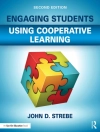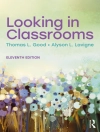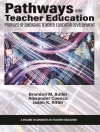Crucible of the Incurable concerns how people face life with amyotrophic lateral sclerosis (ALS). Anthony Stavrianakis spent a year in clinics and with people living with the illness in the United States. He examines the multiple meanings of care in a context of a chronic, degenerative, one-hundred percent fatal, neuromuscular illness, whose most common duration is between two and five years. How do people diagnosed with ALS continue to ‘live as well as possible, for as long ...
Table of Content
On Linking Knowledge and Care for ALS
The Emergence of a Diagnostic Certitude
Nosological Indeterminations
Multidisciplinary ALS Care
ALS Clinic
Palliative Care C...
About the author
Anthony Stavrianakis is a CNRS Researcher at the Laboratoire d’ethnologie et de sociologie comparative, University of Paris, Nanterre. His anthropological work conc...












